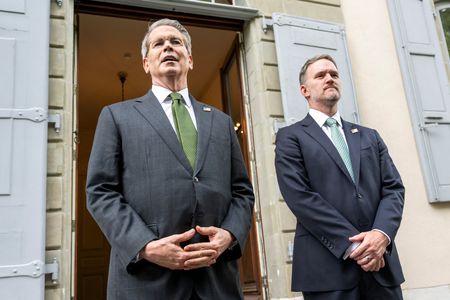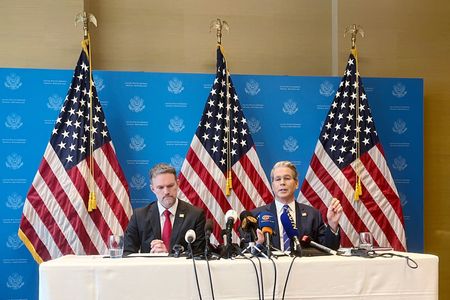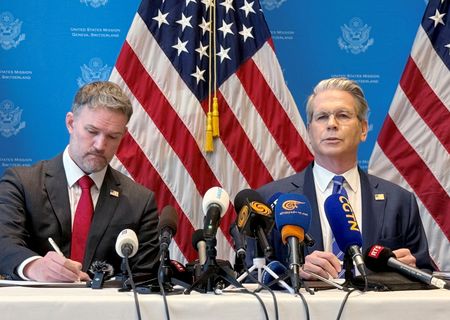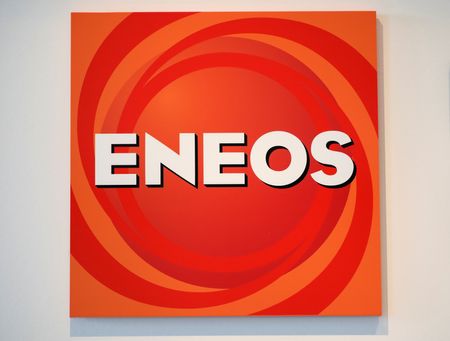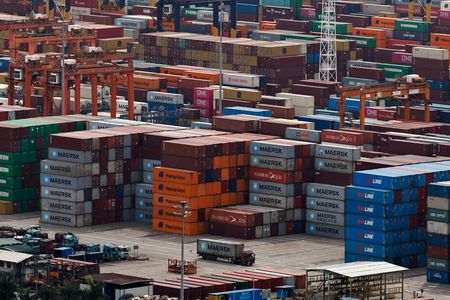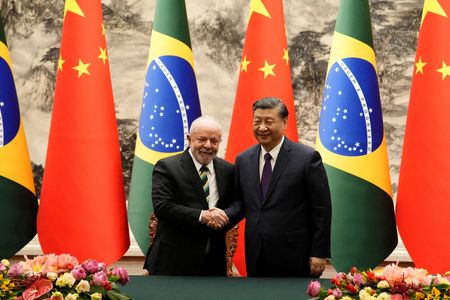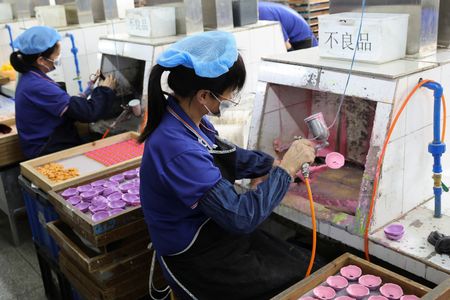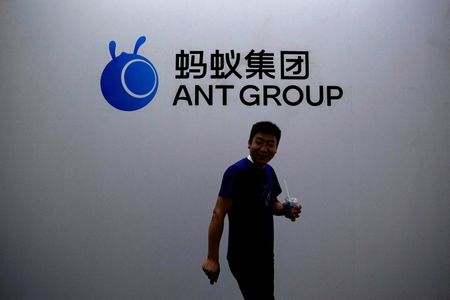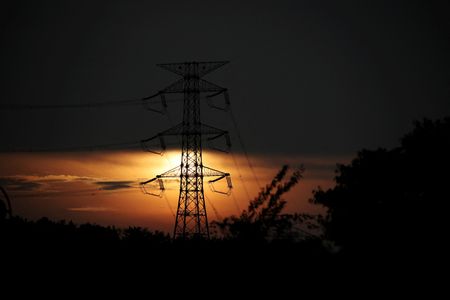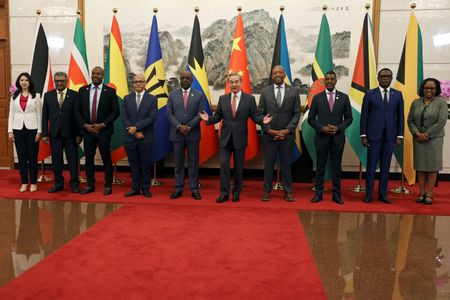By Lewis Jackson
BEIJING (Reuters) -China and the United States announced a truce in their trade war on Monday after talks in Geneva that will roll back the bulk of tariffs and other countermeasures by Wednesday.
The United States is dropping the extra tariffs it imposed on China this year to 30% from 145%, while China is cutting them to 10% from 125%.
Tariffs imposed before April 2, including those dating back to U.S. President Donald Trump’s first term, and other restrictions, such as the U.S. measures to end low-value package tariff exemptions, known as the “de minimis” rule, appear to remain.
TARIFFS ARE COMING DOWN, BUT UNEVENLY AND NOT TO ZERO
The United States has agreed to adjust or remove three executive orders, which collectively put 115% tariffs on imports from China.
Washington agreed to drop its so-called “Liberation Day” tariffs from 34% to 10% for 90 days, and remove all tariffs imposed during the tit-for-tat escalation that followed.
China has matched the de-escalation, removing all but 10% of the tariffs imposed since April 2, leaving the current rate at 10%.
However, that leaves China still facing a 30% tariff once duties imposed before April 2 are counted, including the two rounds of fentanyl tariffs imposed in February and March.
Chinese products ranging from electric vehicles, steel and aluminium will also still face separate tariffs imposed over the past several years.
SOME NON-TARIFF BARRIERS PAUSED
China also committed to removing non-tariff countermeasures imposed against the United States since April 2, although it remains unclear how some of these measures will be walked back.
As part of its retaliation in April, China added rare earths to its controlled export list, opened an anti-dumping probe into chemical firm DuPont’s <DD.N> China business and blacklisted some U.S. defense and tech firms.
The wording of the agreement suggests those firms will be removed from the list, which barred trade and investment with China and the anti-dumping probe shelved.
The statement only said countermeasures imposed after April 2 will be removed, which would therefore not include a dozen companies blacklisted in March, and the anti-dumping investigation into Google announced in February.
Asked for comment, a spokesperson for DuPont said: “We continue to stay connected with SAMR (China’s State Administration for Market Regulation) through our regular channels.”
QUESTIONS REMAIN OVER RARE EARTHS
In the case of rare earths, because China’s decision applied to all countries, it is unclear whether it will count as a U.S.-specific countermeasure under the agreement.
There is no mention of the U.S. in the original Ministry of Commerce announcement, which required all exporters to seek licenses before shipping seven types of rare earths.
Reuters reported last month that U.S. clients were likely to face a long and uncertain wait for licenses given the trade war.
China’s Ministry of Commerce did not immediately respond to faxed questions about the rare earths restrictions.
A Ministry of Foreign Affairs spokesperson referred questions on the subject to the text of the agreement.
(Reporting by Lewis Jackson; Editing by Sharon Singleton and Toby Chopra)

